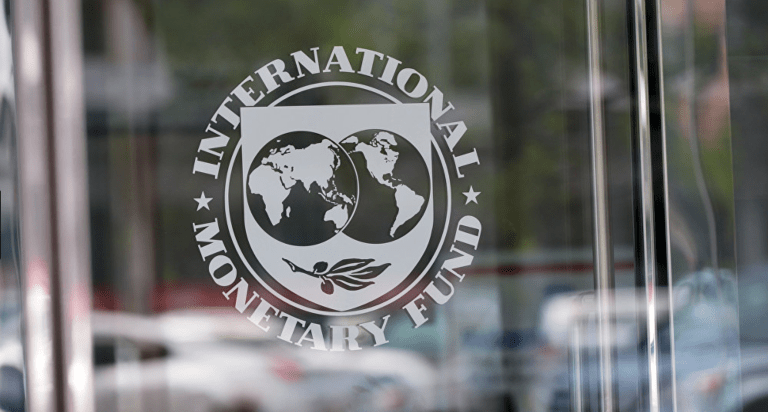IMF Apologises To Nigeria After Senator Ibrahim Confronts The Fund Over Unsubstantiated Criticisms
Posted on April 25, 2025

According to Arise News post on their X handle, the International Monetary Fund (IMF) has issued a formal apology to the Nigerian government following a heated exchange with Senator Ibrahim Musa during a recent economic roundtable in Washington, D.C.
P.M.EXPRESS reports that the apology came after the Senator confronted IMF representatives over what he described as “unsubstantiated and unfair criticisms” of President Bola Ahmed Tinubu’s economic reform policies.
Senator Ibrahim, a key member of the Senate Committee on Finance, challenged the Fund’s assessment, which had earlier cast doubt on the effectiveness and sustainability of Tinubu’s economic measures, particularly the fuel subsidy removal and exchange rate unification.
“You cannot sit in Washington and make sweeping statements without understanding the local context or appreciating the bold sacrifices our people are making,” Senator Ibrahim told the panel. “Nigeria is undergoing structural reforms that require support, not condemnation.”
His remarks reportedly sparked internal discussions within the IMF’s Africa Department, leading to an official statement acknowledging the Fund’s oversight.
“We recognise that some of our recent public commentary may not have fully captured the complex realities and courageous steps being taken by the Nigerian government,” said IMF spokesperson Claire Yoon. “We apologise for any mischaracterisations and reaffirm our commitment to working constructively with Nigeria to achieve its economic goals.”
The apology has been welcomed by Nigerian officials and economic stakeholders, with many praising Senator Ibrahim for his firm defence of national policies on the global stage. Presidential spokesperson, Bayo Onanuga, noted that the exchange highlights the importance of “speaking truth to power and standing firm in defence of national sovereignty.”
Economic analysts say the development may improve relations between Nigeria and the IMF, especially as the country continues to navigate the challenges of economic recovery and growth.









